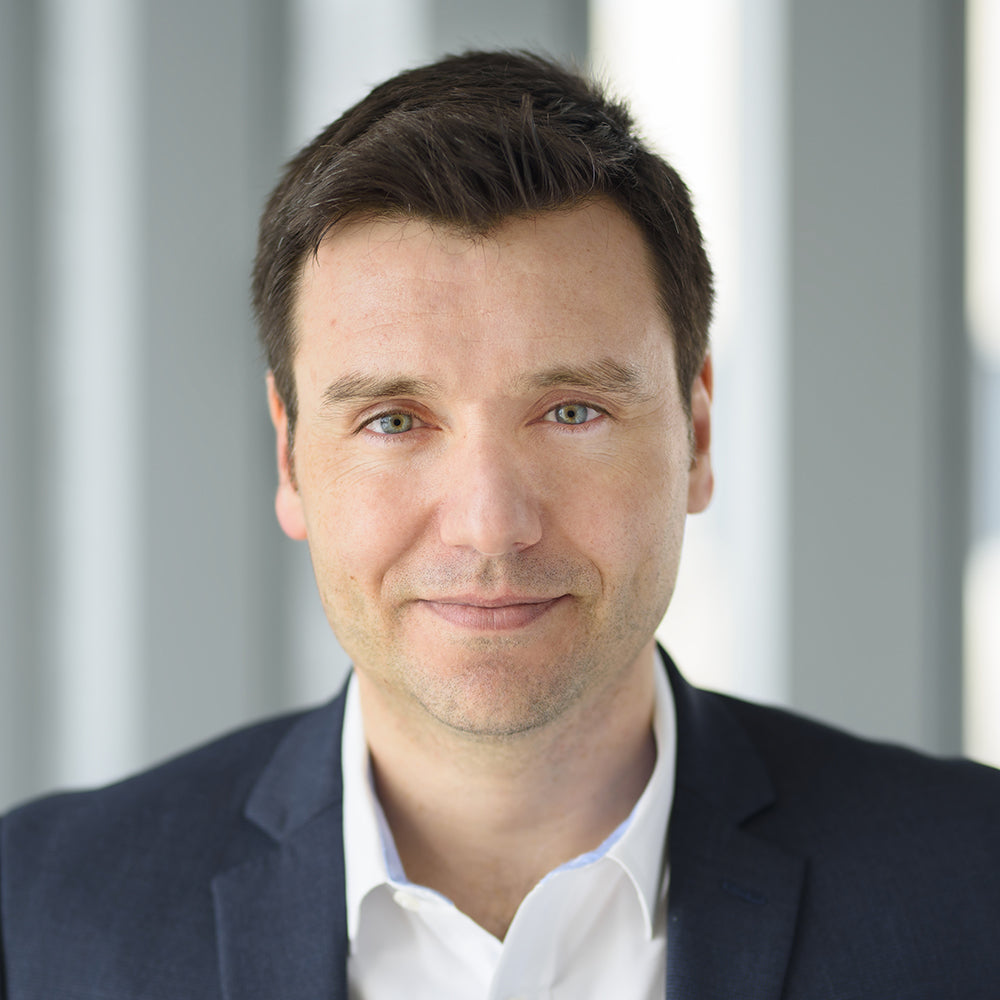The Future of Work: Trends to Watch

January 06, 2025
What challenges will organizations be facing in the coming year? And how can you be ready for them as a manager? Here’s what should be on your radar, according to three leading experts at Executive Education HEC Montréal.
Learn to surf the digital tsunami
Although automation, robotization and other technologies have tended to disrupt production, the arrival of artificial intelligence (AI), especially generative AI, is changing things on a much broader scale. “Whether it’s figuring out how to load a truck, drafting a report, sorting through candidates’ résumés or answering employees’ questions about corporate policy, these new tools are being used for all sorts of jobs,” says Sylvain Sénécal, Professor, Department of Marketing, HEC Montréal, and an instructor with Executive Education HEC Montréal.

“This is a topic that all managers should be paying attention to, whether their employees are reluctant to get on board or are already making use of these tools,” he says. “Some workers are scared of AI, or simply don’t get what it is and what it can do. But others are taking it upon themselves to explore the technology or introduce processes that make it easier for their organization to embrace the digital transformation.”
What businesses need to do now is have a closer look at the ethical and security considerations that come with AI. “You can’t assume that once you put ChatGPT in your employees’ hands that everyone will use it responsibly. That’s why they need to be trained and supported in this transition.”
AI may be the subject that everyone is talking about, but data science and digital intelligence — including cloud computing, the Internet of Things, 5G and virtual reality — will be just as important going forward in creating business value. Here, once again, professional development is key to focusing on the issues at hand and making change easier to manage, says Sénécal. “The digital transformation is omnipresent. It can’t be ignored. None of us lives in a vacuum. And if we pretend these technologies don’t exist, our customers and vendors are likely to write us off and go looking for someone else who keeps up with the times.” Hence the importance of making sure you don’t miss the boat in 2025.
Learn more about our digital intelligence (big data and IA) offerings
Think hybrid, but think human
In 2025, organizations will once again be called upon to reinvent the workplace, especially the virtual workplace, says Alain Gosselin, Professor Emeritus, HEC Montréal, and an instructor with Executive Education HEC Montréal. “It’s been said before, but it bears repeating: the workplace fulfils several purposes. It’s where co-workers develop relationships, which help us gain a better understanding of a company’s culture, improve how we work together, innovate, learn, socialize and more. We’ve given a lot of thought to returning to the office in the last little while, trying to determine the formula for the right number of in-person days per week,” he says. “But what we really need to do is ensure there’s an added value to being there in the first place.”

Working remotely can also be detrimental to employees’ mental health. For some, isolation can lead to social anxiety, a term that will continue to keep managers thinking in 2025. Added to this are the boundaries between work and home lives, which are becoming more and more porous. Is this the ideal backdrop for conflicts to erupt within a team? According to Gosselin, human resources management requires more sensitivity than ever before. “Today’s managers really need to fine-tune their interpersonal skills, so they can cope with their own feelings and their employees’ emotions, deal with younger generations and lead teams whose members aren’t all located in the same physical place.” Training can often be the key to making sure they have the tools required to do all this and more.
To adapt to these and other changes, organizations need to provide the necessary in-house upskilling opportunities to their workforce, adds Gosselin. “It’s important to think about the impact that AI-based tools will have on workers’ everyday lives, knowing they will be used in many cases to perform repetitive tasks. So what will people’s jobs look like then? The answer isn’t as innocuous as you might imagine. Their workload might end up becoming a lot more strategic, taxing their cognitive capacities more than ever.” This is another issue to keep an eye on in 2025.
We offer a wide range of leadership and human resources programs
Make ESG a strategic priority

Dominique Anglade, Adjunct Professor, and Luciano Barin Cruz, Professor, are the co-leaders of HEC Montréal’s Sustainable Transition Office. They feel strongly that urgent action is needed to incorporate sustainable, responsible practices into organizational strategies.
But the complexity of what’s involved can be daunting for managers. Formal training can make all the difference.
“The ecological transition is a necessary one for the whole of our society. It’s the biggest challenge of the 21st century”, says Anglade.
Incorporating sustainability-minded practices into organizational strategies isn’t anything new. A growing segment of the market is looking for this, especially as regulatory frameworks become more stringent. And yet, many organizations have been slow to embrace environmental, social and governance (ESG) considerations.
“ESG is something that helps identify opportunities and risks. Ignoring ESG is like making decisions in the dark,” says Luciano Barin Cruz, Professor, Department of Management, HEC Montréal, and an instructor with Executive Education HEC Montréal.

These questions are far from simple, and many managers have no clue where to start. That is why any socioecological transition within an organization starts with training current and future managers. “What do expressions like sustainable development, ESG and socioecological transition mean? Why are they important? If we don’t understand what these basic concepts refer to, we won’t be able to move forward,” he says.
There are plenty of tools available to help managers get to the next level. The materiality matrix, for one, is a grid that helps analyze and prioritize various ESG-related actions, explains Luciano Barin Cruz. And then there’s the matter of having the right soft skills, which is so important in getting people to buy in to these changes. “One of the pitfalls of this area is how complex it is. Every solution comes with drawbacks. You have to accept that things will never be perfect and take action anyway. Although this approach can be demanding, it paves the way to a more open dialogue with other people, departments, executives and stakeholders,” he says. All of these elements will be crucial for managing a business in the future in a manner that ensures that neither the environmental nor the human factor is overlooked.
Learn more about our sustainable development and ethics courses
And that’s just the beginning!
Interested in building your toolbox so you’re equipped to handle issues like these? Executive Education HEC Montréal’s programs can help you ride the wave of change in 2025. Find out more here!
